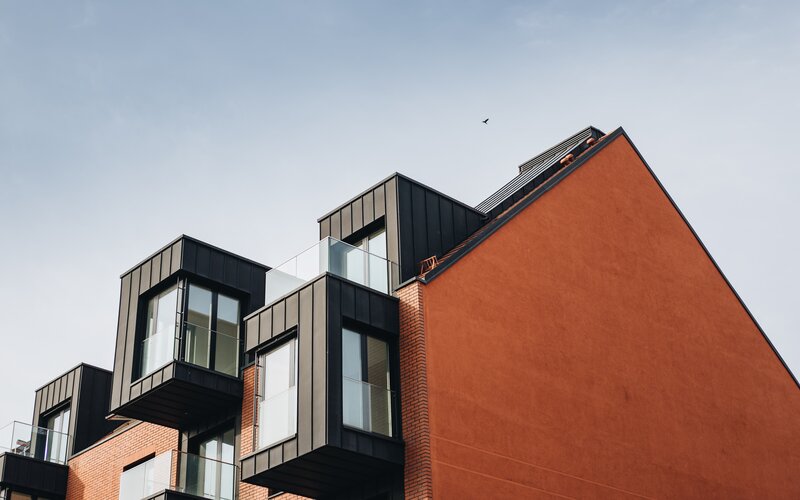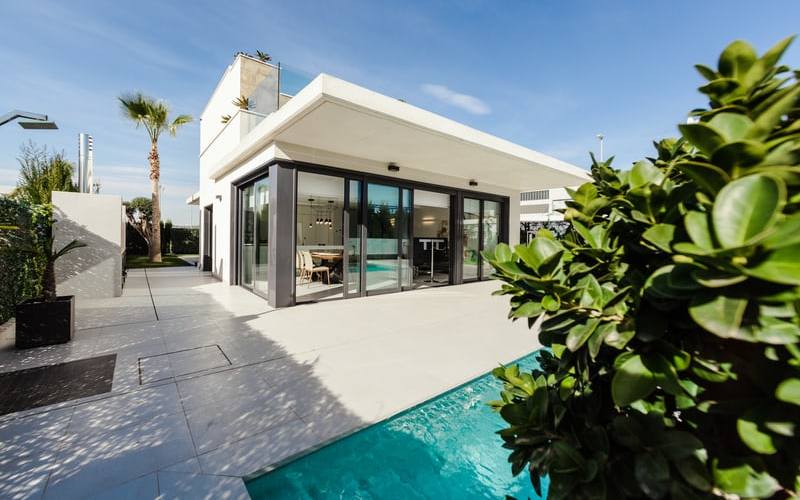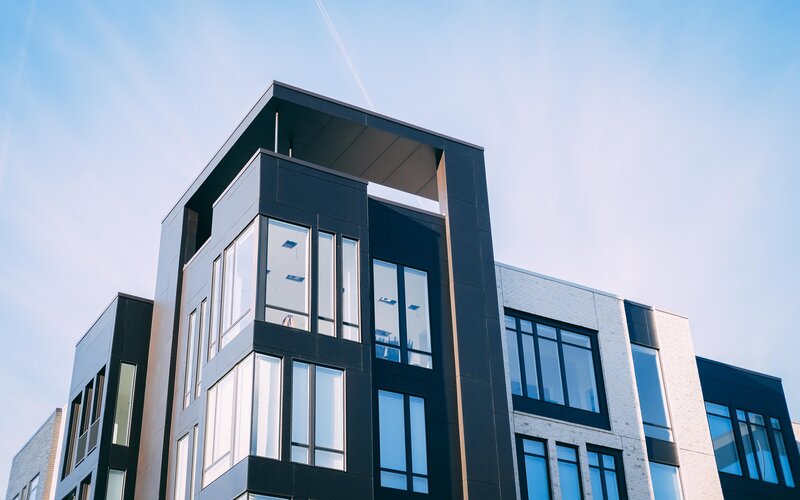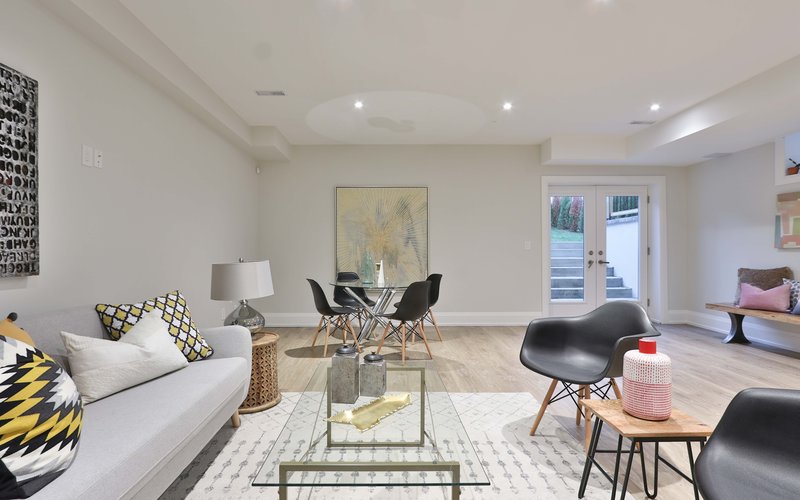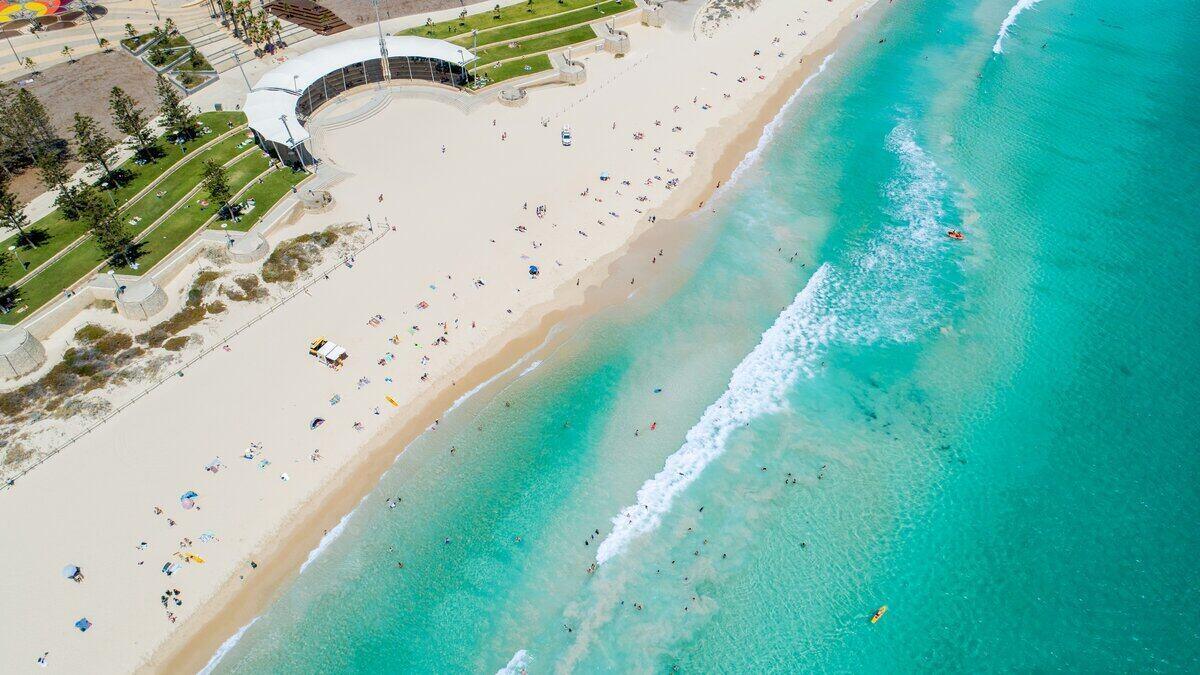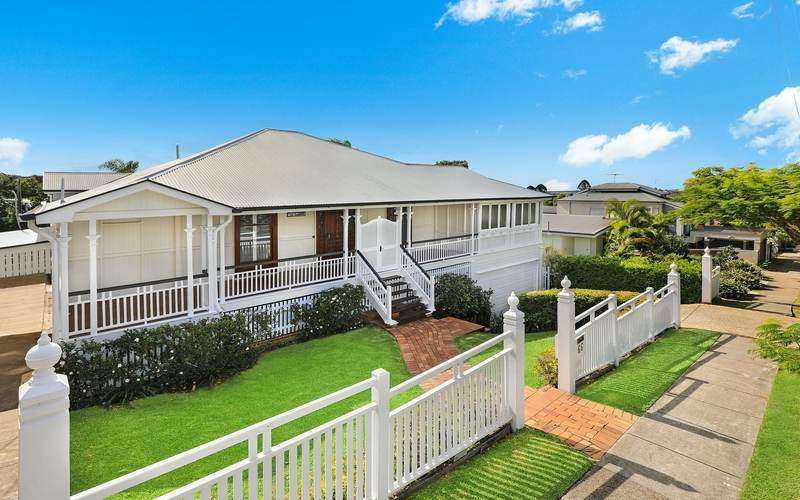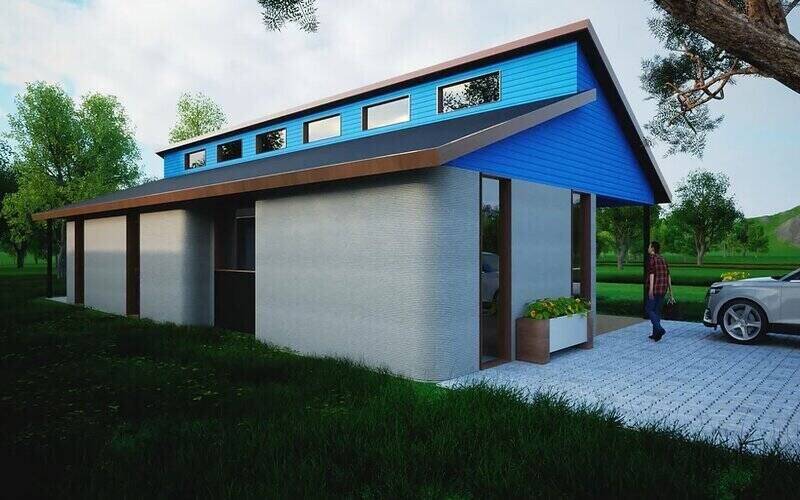Commissioned by Well Money, the research began by considering every suburb in Australia, before filtering out all those that weren’t ‘investor-grade suburbs'.
To be considered an ‘investor-grade suburb', five key indicators needed to be met:
- The SEIFA socio-economic score was 5 or more
- The share of rental housing was 10% or more
- The vacancy rate was 1.5% or less
- The yield was 3% or more
- The inventory level was 6 months or less
The suburbs on the top 20 list were spread around Queensland, 8; New South Wales, 5; Victoria, 4; Tasmania, 2; and Western Australia, 1.
Well Money CEO Scott Spencer said the suburbs in this report are quality, investment-grade locations where buyers could break into the market with confidence.
“Buyers hold a negotiating advantage in each of these suburbs right now, because vendors have enjoyed capital growth of at least 45% over the past decade,” Mr Spencer said.
“So even if they were to reduce their asking price by 10%, they’d still finish well ahead.
“Another reason why buyers have the edge in these suburbs is because market conditions have been turning in their favour, as demand relative to supply has been falling.”
Top 20 Negotiable Suburbs
| State | Suburb | Property type | Median asking price | 10 year gain |
| NSW | Alstonville | House | $901,600 | 165% |
| VIC | Marong | House | $574,240 | 127% |
| NSW | Valla Beach | House | $560,000 | 147% |
| QLD | Caloundra West | House | $749,000 | 125% |
| QLD | Burleigh Waters | House | $1,495,000 | 193% |
| VIC | Highett | Unit | $630,000 | 80% |
| NSW | Kellyville Ridge | Unit | $508,250 | 89% |
| NSW | Kariong | House | $952,750 | 160% |
| NSW | Figtree | House | $1,070,000 | 148% |
| VIC | Somerville | House | $800,000 | 108% |
| QLD | Pomona | House | $950,000 | 145% |
| VIC | Donvale | Unit | $825,000 | 108% |
| QLD | Mountain Creek | House | $949,000 | 136% |
| QLD | Bald Hills | House | $748,800 | 99% |
| WA | Vasse | House | $487,990 | 81% |
| QLD | Mermaid Waters | House | $1,699,000 | 193% |
| TAS | Geilston Bay | House | $695,000 | 124% |
| TAS | Eaglehawk Neck | House | $698,000 | 170% |
| QLD | Glass House Mountains | House | $765,000 | 110% |
| QLD | Yarrabilba | House | $540,800 | 72% |
With inflation rising to 7.3% and more interest rate hikes on the horizon, Mr Spencer said buyers need to carefully examine their financial position before purchasing an investment.
“Interest rates have been rising and will probably increase even further in the first half of 2023, so investors need to budget for higher repayments,” he said.
“It’s risky to enter the market if you don't believe you’d have the capacity to cope with higher interest rates.”
Image by RODNAE Productions via Pexels

Ready, Set, Buy!
Learn everything you need to know about buying property – from choosing the right property and home loan, to the purchasing process, tips to save money and more!
With bonus Q&A sheet and Crossword!


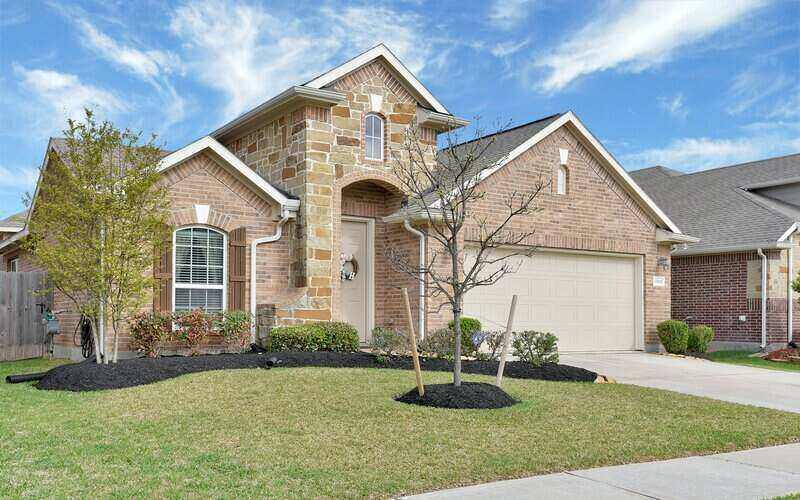
 Brooke Cooper
Brooke Cooper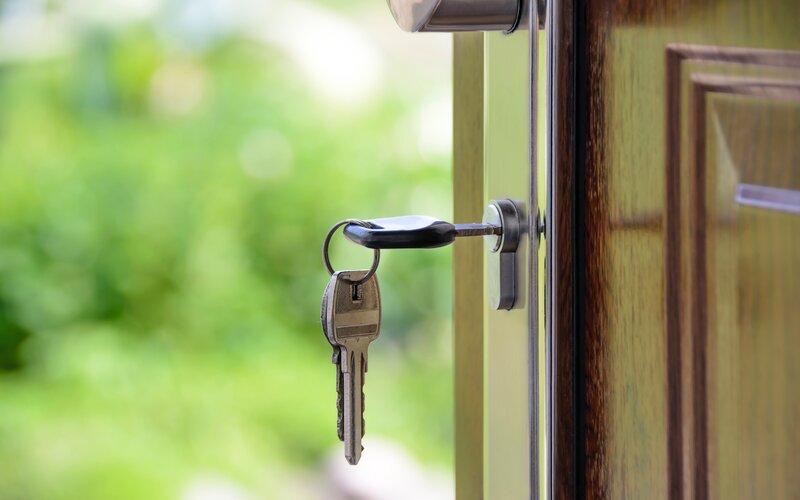
 Denise Raward
Denise Raward